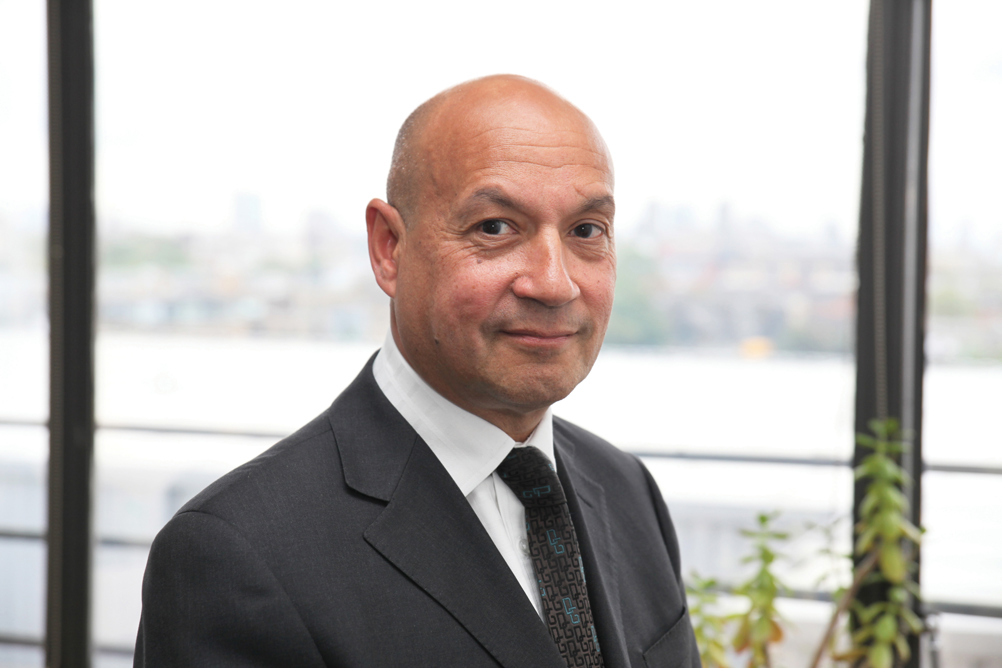
Local authorities will receive average increases of 3.4 per cent for funded childcare entitlements for three- and four-year-olds and four per cent for the two-year-old entitlement, as part of an update to the Early Years National Funding Formulae (EYNFF).
DfE said the increase, which will be introduced from April next year for the 2023/24 financial year, will “help to ensure that the early years funding system is responsive and targets investment towards those areas where it will do the most good”.
However, analysis by the National Day Nurseries Association (NDNA), finds while that the largest rise in funding rates will be 5.6 per cent in Leicestershire., across England, 35 areas remain on the lowest funding rate of £4.87 per hour and 42 areas see an uplift of just one per cent on current rates.
Register Now to Continue Reading
Thank you for visiting Children & Young People Now and making use of our archive of more than 60,000 expert features, topics hubs, case studies and policy updates. Why not register today and enjoy the following great benefits:
What's Included
-
Free access to 4 subscriber-only articles per month
-
Email newsletter providing advice and guidance across the sector
Already have an account? Sign in here

